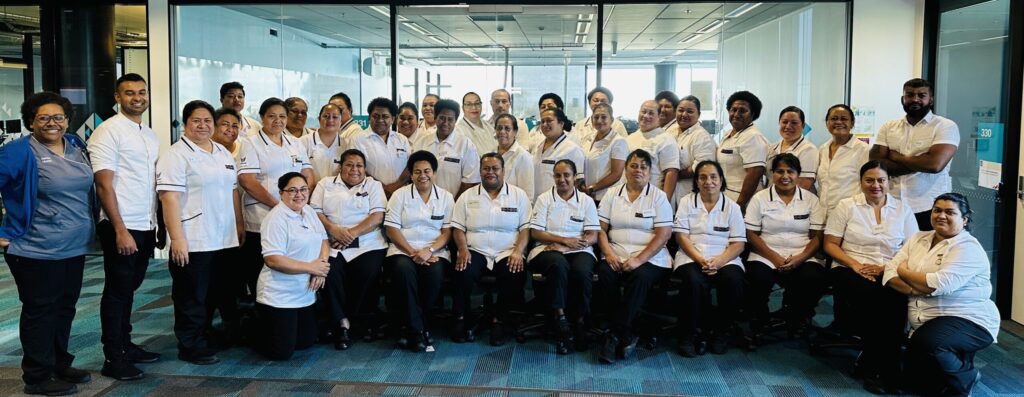

Lovelyn Gatchalian moved from the Cook Islands, where she worked as an RN, to New Zealand last year seeking better education opportunities for her son. She worked as an HCA but wanted to return to nursing. “I’ve been searching and looking for pathway to become an RN over here and I am fortunate enough that I’ve been given the opportunity to do this course.”
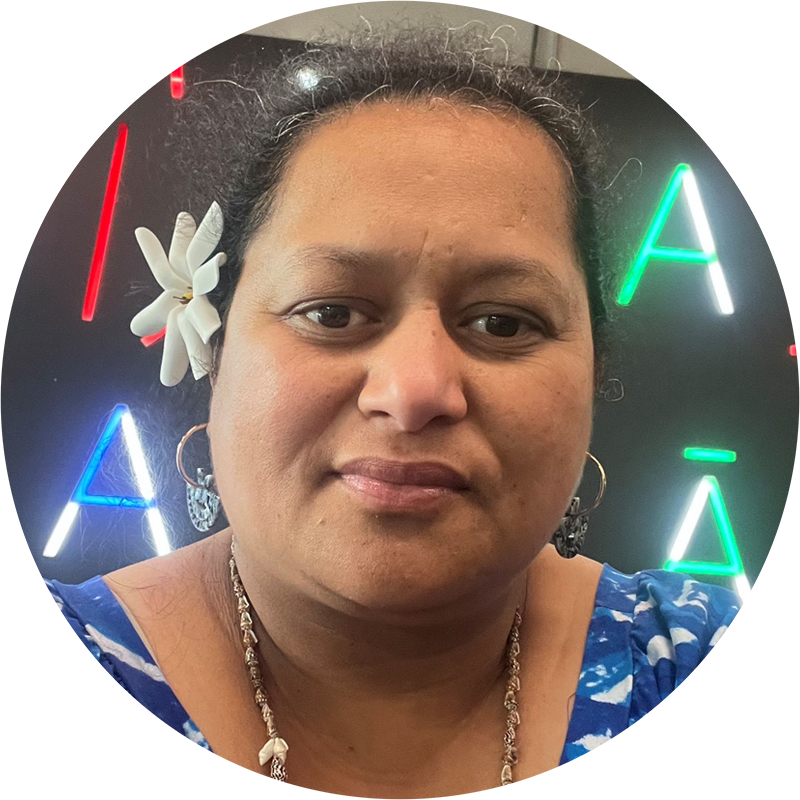 Sateleni Kalapu, from Tokelau, worked as an HCA then in a factory for many years before enrolling in the diploma. “For all the years I have been living here, I was dreaming to become a registered nurse.”
Sateleni Kalapu, from Tokelau, worked as an HCA then in a factory for many years before enrolling in the diploma. “For all the years I have been living here, I was dreaming to become a registered nurse.”

Fiji nurse Aashish Lal has worked in older people’s mental health in Nelson as a caregiver and diversional therapist for the past 10 years. “I always knew I could do more — it’s always been my dream to do more.” His dream is return as a nurse to Nelson and work with Indo-Fijians in the community there. Pathways into nursing, especially for Indo-Fijians who do not quality for indigenous scholarships, he says are limited. “It’s been quite challenging . . . most because we have to start from scratch again, which I personally think is a waste of time and talent.”
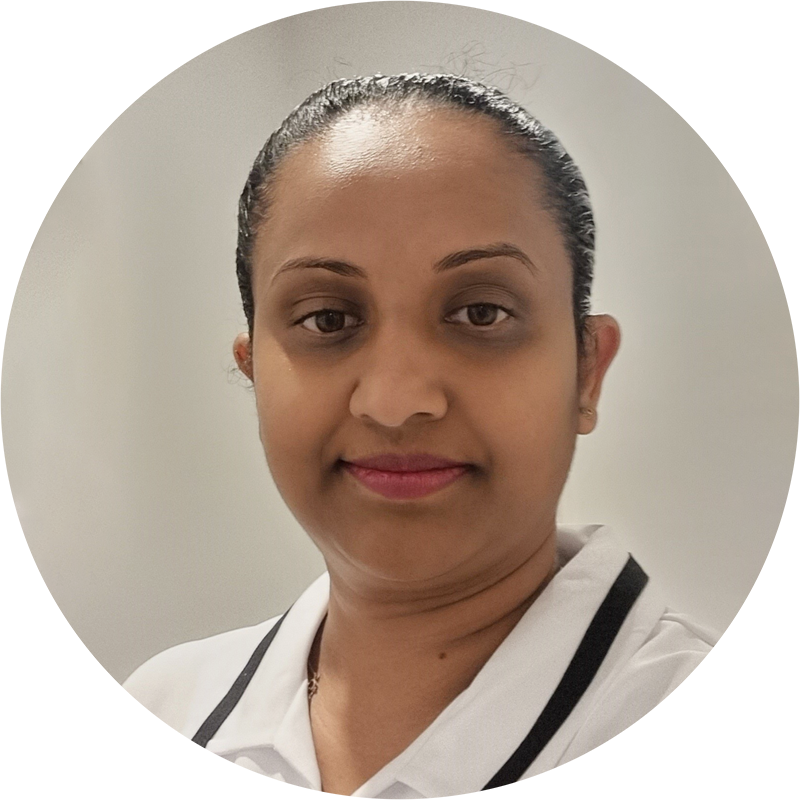
Ruth Peters has 10 years’ nursing experience in Fiji, including neonatal intensive care, and a post-graduate diploma in midwifery from Fiji. After moving to Kaitāia in 2015, she worked as an HCA in aged and community care. Keen to get back into nursing, she struggled with the expense and standard of the English test and the only other option was starting again. She said it was “so depressing” that she considered leaving the country, but then found out about the diploma. As an Indo-Fijian nurse, she is not eligible for the indigenous scholarships, but says – while hard – she was managing by staying with a friend. “I’m so happy and thankful to the people involved in creating this programme, so that we can fulfil our dreams and passion,” she said.
“I was so moved on the first day – I saw all of us and I thought, ‘Wow, this is amazing, this is a significant move,” said Salote Tuivakano, who trained and worked as a community nurse in Fiji for 14 years before moving to Ōtautahi/Christchurch 14 years ago.
Te Pūkenga Whitireia’s 18-month graduate diploma of nursing Pacific launched in July in Tamaki Mākaurau/Auckland, where it is being hosted by Manukau Institute of Technology. It is aimed at Pacific-trained nurses with two years’ nursing experience, who now reside in New Zealand — many of whom have been working in the unregulated health workforce for years.
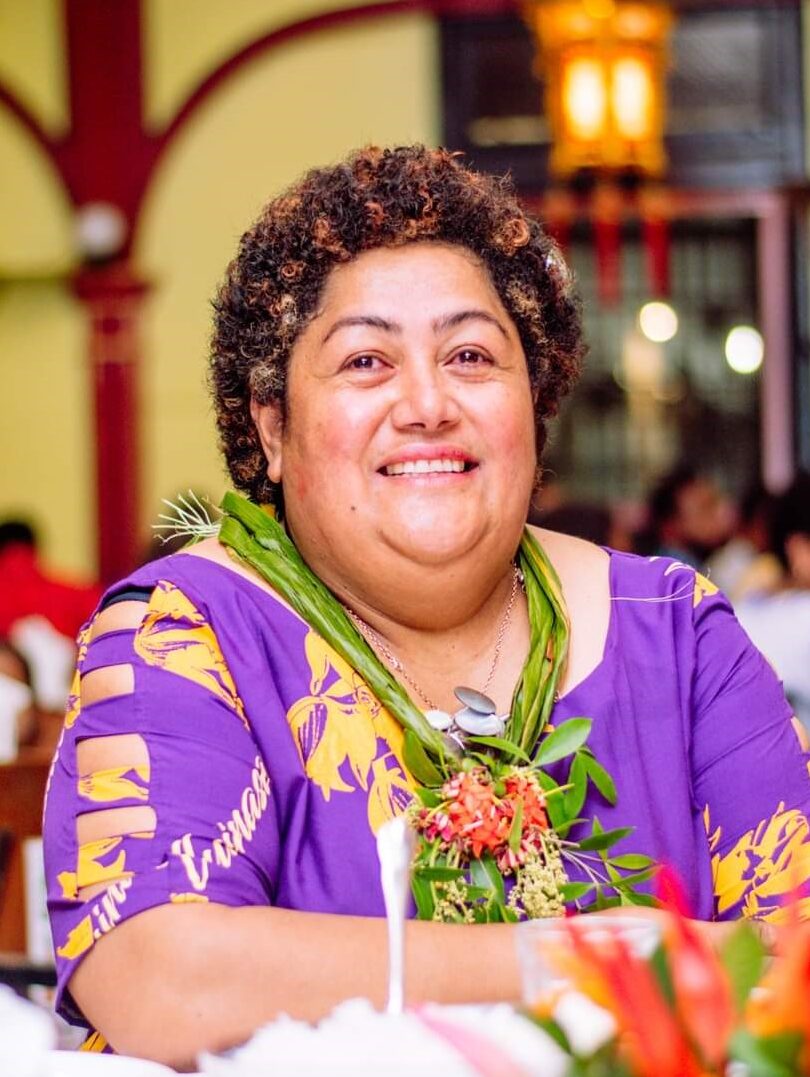
Tuivakano’s story is similar to many of her fellow ākonga. Unable to register and practise as a nurse here after the Nursing Council tightened its English language requirements in 2008, she worked as a health-care assistant (HCA) in the community and aged care for the next 14 years. But she is excited to finally have the chance to return to nursing
“I think I’ll stay here for good! I’m not planning to go anywhere else, I love New Zealand!”
‘Standing here I’m so proud to have the opportunity to register as a nurse in New Zealand.’
Sureti Navecucu, also a Fiji-trained nurse, worked as an aged care HCA after coming to Waihōpai/Invercargill in search of better education for her daughter 11 years ago. But she always wanted to resume her nursing. “This is a great opportunity so I just grabbed it!” she told Kaitiaki.

Ane Apati, from the tiny island nation of Tuvalu where she had been an RN for 14 years, worked in a chicken factory when she first arrived in New Zealand seven years ago. But she didn’t last and the desire to become a nurse “is really strong for me”. She, too, worked as an HCA in aged care before gaining a scholarship and place on the diploma — one of just three Tuvaluans.
“Standing here I’m so proud to have the opportunity to register as a nurse in New Zealand. Hopefully we can have a better life, not only for me — for my family, my kids and my mokos,” says Apati, a grandmother of seven.
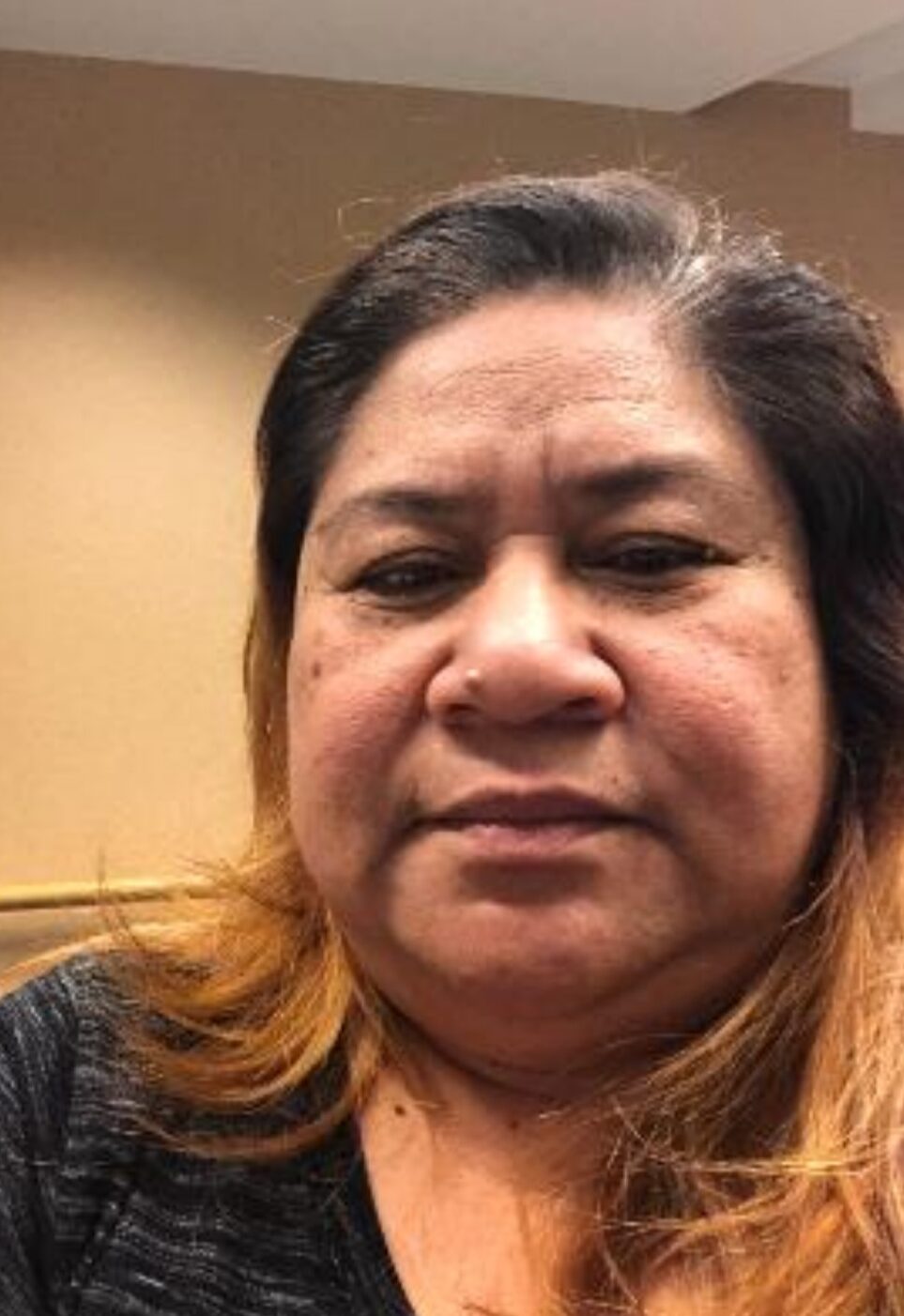
Head of Pacific nursing Whitireia, Tania Mullane, said the ākonga Pacific — so long locked out of nursing in Aotearoa — would bring a “wealth of professional and cultural experience and knowledge that will significantly contribute to the Pacific populations that reside in Aotearoa”.
“Being part of giving these ākonga an option to get New Zealand nurse registration is significant, especially knowing the sacrifices they have made to leave their home islands, come to NZ and to be on the programme.”
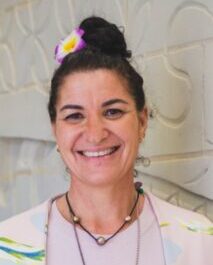
Most of the ākonga — 35 of 40 — had been supported through Te Whatu Ora’s Pacific health workforce scholarships which contribute to fees, uniforms, equipment, travel and stipends for indigenous Pacific islanders, whose communities here endure inequitable health outcomes. Te Whatu Ora was also providing support with clinical placements, Mullane said.
A high portion of the Pacific health workforce in New Zealand is made up of unregulated workers. Less than four per cent of the RN workforce identify as Pacific compared to a fast-growing Pacific population of eight per cent.
Growing the Pacific health workforce is one of the aims of the Government’s health workforce plan.
But, in a class-wide interview, many ākonga told Kaitiaki they had worked for years in non-nursing health roles since coming to New Zealand. This was despite extensive experience in their homes — countries like Niue, Tonga, Samoa and Kiribati — in areas such as maternity, primary health and paediatrics.
‘For all the years I have been living here, I was dreaming to become a registered nurse,’
The Nursing Council requires most internationally-qualified nurses (IQNs) to pass expensive and difficult English tests and as well as paying $500 for credentialling. NZNO’s Pacific nursing section chair ‘Eseta Finau has said many end up working for low wages in the unregulated workforce.
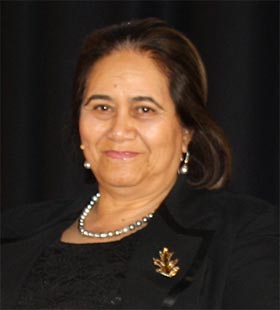
However, from 2024, English standards will be eased as the Nursing Council seeks to balance the need for more IQNs amid a global nursing shortage, with public safety.
Mullane said demand for the first intake had been high, with a waiting list already for next year’s diploma. “It’s very popular, as this was the first time an accredited programme has been developed that specifically meets the needs of Pacific Island-trained nurses,” she said.
Mullane has said she hopes most ākonga would reach the standard of English required over 18 months.
Nursing Council chief executive Catherine Byrne said the council was “very supportive” of the diploma, which would likely lead to more Pacific RNs in Aotearoa.
The council continued to explore other pathways for Pacific nurses to register here, Byrne said.



